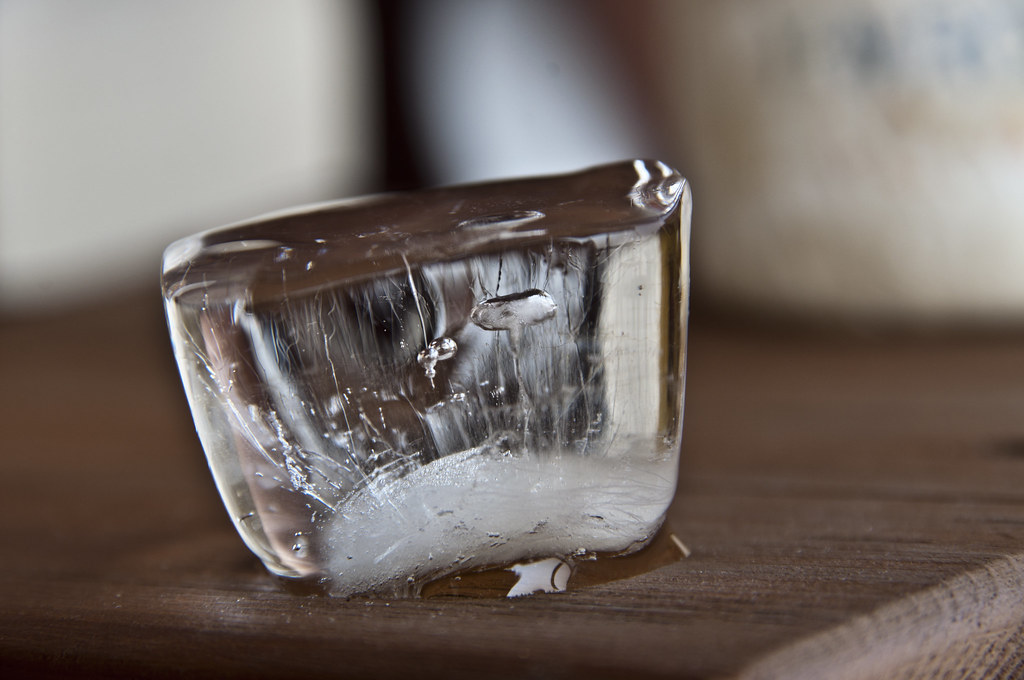 My mother used to cool off food before refrigeration. But the safety guidelines have changed. Thanks to better refrigerator efficiency, and concerns about food spoilage, it’s best to refrigerate foods immediately after cooking.
My mother used to cool off food before refrigeration. But the safety guidelines have changed. Thanks to better refrigerator efficiency, and concerns about food spoilage, it’s best to refrigerate foods immediately after cooking.
Apparently this poses no danger to the rest of the food in your fridge.
But there are times when you will still want to cool foods before refrigeration. When I cooked for my son’s bar mitzvah, we suffered from an extensive heat wave. My kids, home on vacation, opened the fridge frequently. The refrigerator could not keep up with the large quantities. Some of the food spoiled before it should have.
I’ve compiled a few tips to make sure your food will cool quickly and safely.
- Cook some of the hot dishes close to serving time, so they won’t need refrigeration at all (except for the leftovers).
- Ideally, place foods in the refrigerator immediately after cooking.
- Divide large amounts into smaller containers. Leave as little air at the top as possible, unless you are freezing. Frozen foods expand by about eight percent.
- Keep foods tightly covered at all times. It won’t cool off as quickly, but the cover will keep some bacteria away.
- Choose shallow containers so the cold air can reach the interior of the food quickly.
- Store hot containers away from each other. Your refrigerator is coolest in the back.
- Stagger cooking times so the last dish will be cool before the next one is ready.
- For very large quantities, plunge the bottom and sides of containers into ice water before refrigeration. Avoid immersing them completely.
- Alternatively, ask a neighbor for refrigerator space, or rent or borrow a fridge. I could have used the refrigerator in our synagogue for our bar mitzvah.
- Have a plan for cooling leftovers as well.
- A less preferable option for cooling off food is to place it near a fan or air-conditioner.
How do you manage when you have a big cooking session in hot weather?
You may also enjoy:
10 Things You Should Know about Freezing Foods for a Crowd
Salvaging Food During an Electrical Outage

“Keep foods tightly covered at all times. It won’t cool off as quickly, but the cover will keep some bacteria away.”
certain stuff, like soups should cool off uncovered, unless you put it directly into the freezer (-18°C). otherwise it tends to turn sour. i forgot why but found out that it is really like that (my boss told me) the hard way…
Thanks, Nina, for the advice. Looking online but haven’t found an answer yet.
I like to freeze blocks of ice in tupperware then transfer to heat-safe bags quickly suck the heat out of soup, preferably after I’ve removed it from the hot pot. This would fall under “have a plan” and is also a good plan before buying fresh fish at the market – get it right on ice.
The “Divide large amounts into smaller containers” is also a good idea. I didn’t know food expand 8% while freezing. That reminds me, I promised to make my kids ice pops.
Soup is definitely the biggest issue here and our solution is either not to worry about it (bring it to boil for left-overs) or put the pot in an ice water sink.
Thanks for the reply, Amanda. I do like to boil soup leftovers both before eating and before putting away.
Yosefa, good ideas!